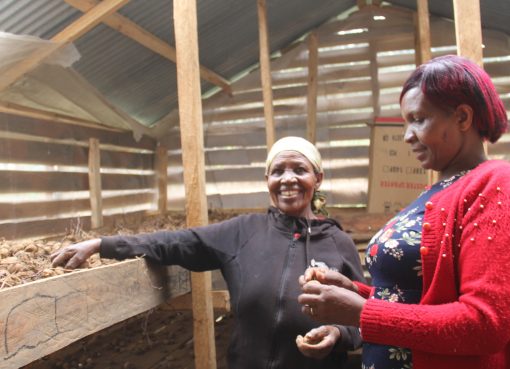The Anglican Church of Kenya has called on the government to prioritize the needs of Persons with Disabilities (PWD) by enhancing their funding allocation and support programs to promote inclusivity and equal opportunities.
Speaking in Mombasa County during celebrations to mark International Day of Disabled Persons, Rev Ezekiel Mogere, highlighted the dire need to facilitate the disabled through various projects, employment, and SMEs to ensure that they can cater for their basic needs adding the move will see many of them quit begging in the streets.
“The national government has allocated at least Sh700 million annually to PWDs, hence, we are looking forward to seeing this funding benefit the group in various matters to ensure that they enjoy their rights as every other Kenyan,” Mogere reiterated.
The event that was organized by the Anglican Church of Kenya saw at least 50 people with disabilities gathering to commemorate the day while they received an assortment of foodstuff to take home.
Chairman of the Special Needs Alliance of Kenya, Mombasa County, Peter Mwanagina, commended the ACK for taking the initiative to celebrate this day with PWDs.
Additionally, he called on the government to take advantage of this day to highlight the achievements made by PWDs in that particular year.
“This is the day we are supposed to know how far people with disabilities have gone throughout the years to come out of poverty as many of us are from that group, hence if the government informs us of the strides made, this will create hope and motivation within us,” noted Mwanangina.
Furthermore, the group is still decrying the new health insurance model, SHA, claiming that the insurance has created more complications for PWDs in matters of access to healthcare.
The group is therefore pleading with the government to look deeper into this matter noting that they are still required to pay for health services citing an amount of Sh7, 500 annually.
International Day of Persons with Disabilities aims at promoting an understanding of disability issues and mobilizing support for the dignity, rights, and well-being of persons with disabilities.
By Nuru Soud




